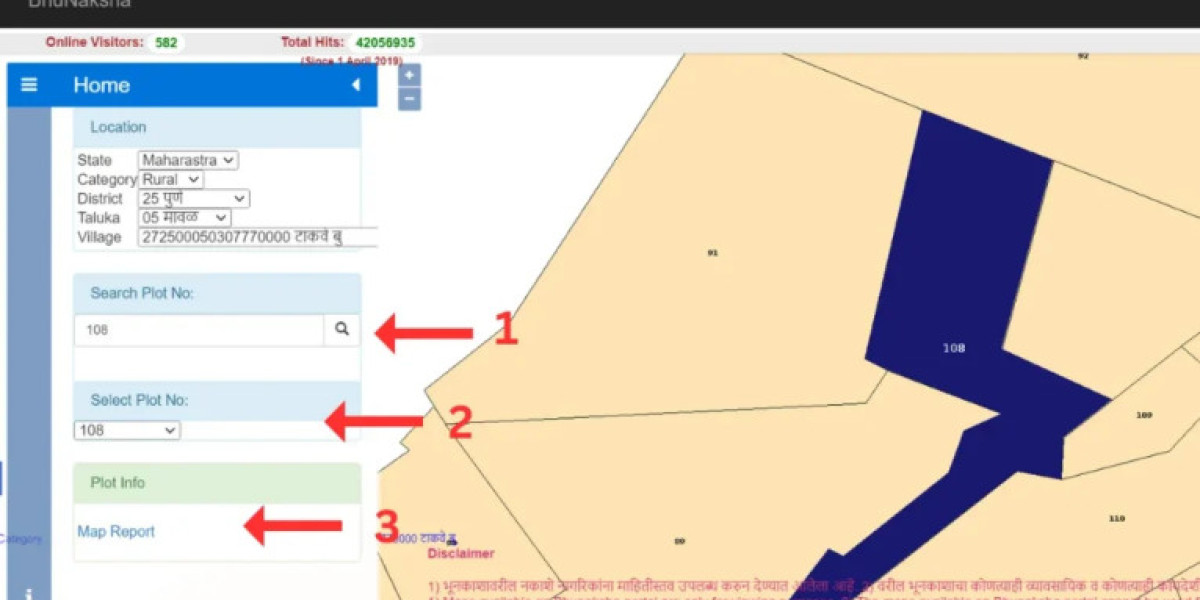Award interpretation is a vital aspect of workplace relations, as it involves understanding the specific terms and conditions laid out in employment awards. These awards serve as legal frameworks that define the rights and obligations of employees, ensuring they receive fair treatment in the workplace. However, misinterpretation can lead to significant confusion, disputes, and even workplace dissatisfaction. In this guide, we aim to explore various avenues employees can pursue when seeking assistance with award interpretation. By addressing common challenges and providing valuable resources, we hope to empower employees to advocate for their rights effectively.
Understanding Award Interpretation
What is Award Interpretation?
Award interpretation is the process through which employees, employers, and HR professionals seek to clarify and understand the terms specified in employment awards. These awards can vary significantly across different industries and job roles, encompassing crucial details such as wage rates, hours of work, entitlements, and working conditions. Having a comprehensive grasp of these legal documents is essential for employees to navigate their rights and entitlements confidently. Inaccuracies or misunderstandings in interpreting these awards can lead to conflicts, which underscores the need for clarity and awareness in this area.

Common Issues in Award Interpretation
Employees frequently encounter challenges when attempting to accurately interpret their awards. Misinterpretations regarding wage rates, leave entitlements, or working hours are common issues that can arise. For example, an employee may mistakenly believe they are entitled to a certain level of overtime pay based on a misreading of their award, which could lead to underpayment or disputes with their employer. Recognizing these potential pitfalls is crucial for employees, as awareness of these challenges can help them seek assistance before conflicts escalate. Understanding the common issues associated with award interpretation can equip employees with the knowledge they need to address concerns proactively.
The Importance of Accurate Award Interpretation
Accurate award interpretation is essential not only for safeguarding employee rights but also for promoting a harmonious workplace environment. When employees clearly understand their awards, they are better equipped to advocate for themselves and ensure that their employers comply with the terms set forth in these documents. This clarity can lead to improved morale among employees, as they feel more secure in their entitlements and working conditions. Additionally, when both employers and employees have a mutual understanding of award terms, it fosters an atmosphere of trust and transparency, which is fundamental to maintaining positive workplace relationships.
Seeking Help with Award Interpretation
Utilizing Internal Resources
When employees face challenges related to award interpretation, one of the first steps they should consider is utilizing the internal resources available within their organizations. The Human Resources (HR) department is a crucial ally in this process, as HR professionals are trained to handle inquiries related to employment awards and employee rights. Employees should feel comfortable approaching HR representatives to seek clarification on specific terms or to discuss any concerns they may have. Additionally, many organizations offer Employee Assistance Programs (EAPs) that provide confidential support and resources for employees dealing with workplace challenges. Understanding how to access these programs can significantly aid employees in navigating award-related issues effectively.
External Support Channels
If internal resources do not provide adequate support, employees should explore external channels for assistance. Union representatives can be a valuable source of help, particularly for employees working in unionized environments. Unions advocate for the rights of their members and can provide insights into complex award interpretation issues. Engaging with union representatives can empower employees to navigate their rights more effectively. Furthermore, when award interpretation issues become complex or severe, consulting legal advisors or employment lawyers may be necessary. Knowing when and how to seek legal assistance can help employees protect their rights and ensure compliance with applicable laws and regulations.
Online Resources and Tools
In today’s digital age, numerous online resources are available to assist employees in navigating award interpretation. Official government websites typically offer clear, accurate information regarding employment awards and their stipulations, making them a reliable first stop for employees seeking guidance. Understanding how to navigate these websites is crucial for employees to find relevant information quickly. Additionally, support forums and online communities can provide an excellent platform for employees to connect with others facing similar challenges. Engaging in these spaces fosters a sense of solidarity and enables employees to share practical advice, which can be incredibly beneficial in resolving award interpretation issues.
Best Practices for Employees
Documenting Issues
When faced with award interpretation challenges, employees should prioritize the documentation of their concerns. Keeping detailed records of any discrepancies, communications with HR or union representatives, and relevant information is essential for building a solid case. Effective documentation not only provides clarity but also serves as critical evidence when discussing concerns with HR, union representatives, or legal advisors. This practice enables employees to present a well-organized case, increasing the likelihood of a satisfactory resolution. By being diligent in documenting their issues, employees empower themselves to advocate effectively for their rights.
Preparing for Discussions
Preparation is key when seeking help with award interpretation issues. Before engaging in discussions with HR, union representatives, or legal advisors, employees should identify the specific points and questions they wish to address. This preparation can involve reviewing their awards thoroughly and noting any particular terms that seem unclear or problematic. By articulating their concerns clearly, employees can facilitate more productive conversations that lead to satisfactory resolutions. Moreover, being well-prepared demonstrates to HR and other representatives that the employee is serious about addressing their issues, thereby fostering a more constructive dialogue.
Staying Informed
Staying informed about one’s rights and obligations is crucial in the realm of award interpretation. Employees should engage in continuous learning to enhance their understanding of their awards and industry standards. Various resources are available, including workshops, webinars, and industry publications, that can help employees keep abreast of changes and updates related to award interpretation. By actively seeking out information and staying educated, employees can better navigate their workplace rights and advocate for themselves effectively. This knowledge not only empowers employees but also contributes to a more informed and engaged workforce.
Conclusion
Seeking help with award interpretation is an essential process for employees aiming to protect their rights and ensure fair treatment in the workplace. By understanding the available resources and following best practices, employees can effectively navigate the complexities associated with award interpretation. Proactive engagement in this process fosters an equitable work environment where both employees and employers can thrive. Accurate understanding and interpretation of awards contribute to building trust, transparency, and positive relationships in the workplace, ultimately benefiting all parties involved.
FAQs
What should I do if I believe my award interpretation is incorrect?
If you suspect your award interpretation is incorrect, start by documenting your concerns, including specific terms that seem ambiguous. Reach out to your Human Resources department for clarification, as they can help explain the terms of your award. If internal resources are insufficient, consider consulting your union representative or a legal advisor to explore further options.
How can I effectively communicate my concerns regarding award interpretation?
Preparation is crucial when discussing your award interpretation concerns. Review your award thoroughly and note any specific points that are unclear or problematic. Clearly articulate your questions and issues when speaking with HR, union representatives, or legal advisors to facilitate productive discussions that lead to satisfactory resolutions.
What online resources are available for understanding award interpretation?
Numerous online resources can assist you in understanding award interpretation. Official government websites provide clear and accurate information regarding awards. Additionally, support forums and online communities can offer valuable insights and advice from others facing similar challenges, creating a sense of solidarity in navigating award interpretation issues.
How can my union assist me with award interpretation matters?
If you are part of a union, your union representative can be an invaluable source of support in matters related to award interpretation. Unions are dedicated to advocating for their members' rights and can provide insights into complex award interpretation issues. Engaging with your union can empower you to navigate your rights more effectively.
Why is accurate award interpretation essential for employees?
Accurate award interpretation is vital for protecting employee rights and ensuring fair treatment in the workplace. A clear understanding of the specific terms of your award can prevent conflicts, enhance workplace morale, and foster an atmosphere of trust and transparency between employers and employees, ultimately benefiting everyone involved.









